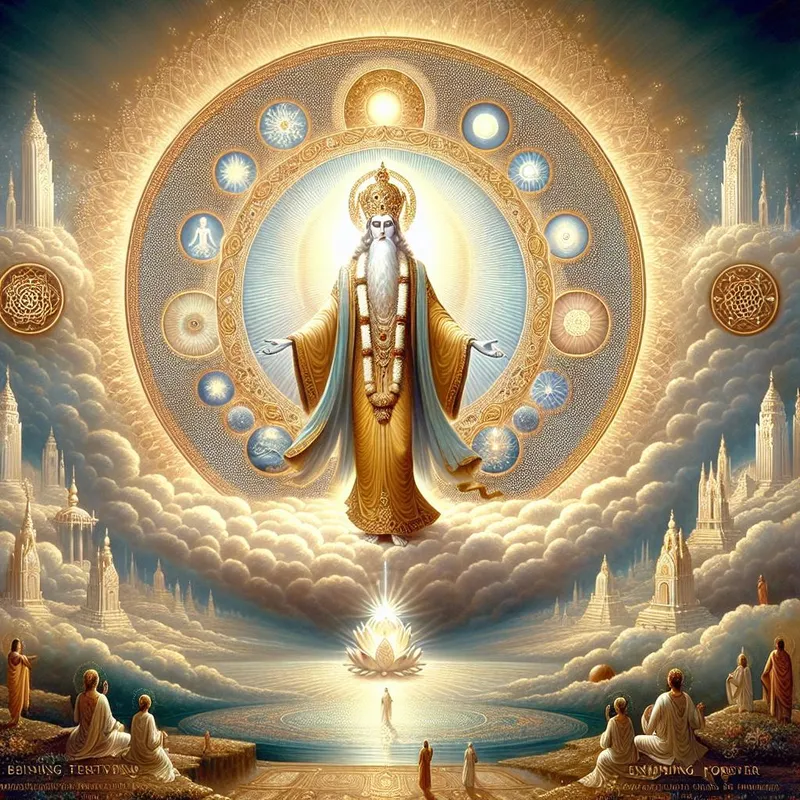
'Unveiling the Eternal Mystery: Who Created God Revealed'
Posted on 28 May 2024
Who Created God?
Many skeptics and atheists often argue that if all things need a cause, then God must also need a cause. This line of thinking leads to the conclusion that if God needed a cause, then He is not truly God, and therefore, there is no God. This argument is based on the assumption that God came from somewhere and asks where that might be. However, this question is flawed because it assumes that God is subject to the same rules of causality as everything else. In reality, God is not in the category of things that are created or caused. He simply exists.
The Flawed Assumption
To better understand this concept, let's consider an analogy. Asking "What does blue smell like?" doesn't make sense because blue is not something that has a smell. Similarly, asking who created God assumes that God fits into the category of created beings, but He does not. God is uncaused and uncreated—He has always existed.
The Argument from Existence
We can further support this understanding by considering the principle that from nothing, nothing comes. If there were ever a time when absolutely nothing existed, then nothing would have ever come into existence. However, we know that things do exist. Therefore, there must have always been something in existence. This eternal entity is what we call God—the uncaused Being who caused everything else to come into existence.
The Nature of God
God exists outside the boundaries of time and space, and He transcends our human comprehension. Trying to fully grasp the nature of God is beyond our limited understanding, but we can appreciate His existence and attributes through what He has revealed to us in the Bible.
In the Bible, we learn that God is eternal (Psalm 90:2), meaning He has no beginning or end. He is self-existent and does not rely on anything or anyone for His existence. God is also omnipotent (Jeremiah 32:17), meaning He has unlimited power. He is omniscient (Psalm 147:5), having complete knowledge and understanding of all things. Additionally, God is omnipresent (Psalm 139:7-10), meaning He is present everywhere.
Why This Matters
Understanding that God is uncaused and uncreated helps us grasp the greatness and majesty of our Creator. It reminds us that God is not subject to the limitations of the physical world and that He is the ultimate source of everything that exists.
Realizing that God has always existed also has implications for our understanding of time. It challenges our finite perspective and invites us to trust in His eternal plan and purpose.
Think About It
- Reflect on the concept of eternity. How does the idea of an eternal God impact your understanding of time and existence?
- Consider the limitations of human understanding when it comes to comprehending the nature of God. How does this challenge you to approach your faith with humility and awe?
Remember, while we may not fully comprehend the nature of God, we can trust in His existence and rely on His love, wisdom, and sovereignty in our lives.
